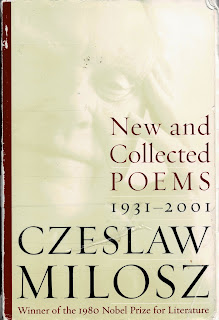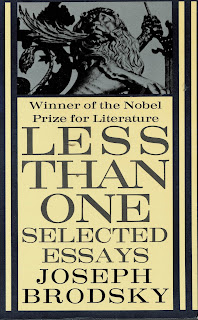Thơ Từ Vực Thẳm

Bản tiếng Việt của Bác Gúc Poems from the Abyss Charles Simic When asked about his home, Czesław Miłosz said that he came from another planet, another time November 23, 2017 issue Facebook Twitter Mail to Print page Submit a letter: Email us letters@nybooks.com Reviewed: Miłosz: A Biography by Andrzej Franaszek, edited and translated from the Polish by Aleksandra and Michael Parker Belknap Press/Harvard University Press, 526 pp., $35.00 One of the finest poems by Czesław Miłosz is the four-part sequence A Treatise on Poetry , a kind of elegy for pre-war Poland, which he wrote in France in the mid-1950s. Its first part, “Beautiful Times,” describes the glamorous society life in Kraków before World War I, and concludes with these lines: “The laughter in cafes/Echoes about a hero’s grave”; its second part, “The Capital,” ends with this little scene in Warsaw the night before the German invasion on September 1, 1939: On Tamka Street a girl’s heels click. She calls in a half whisper. They

